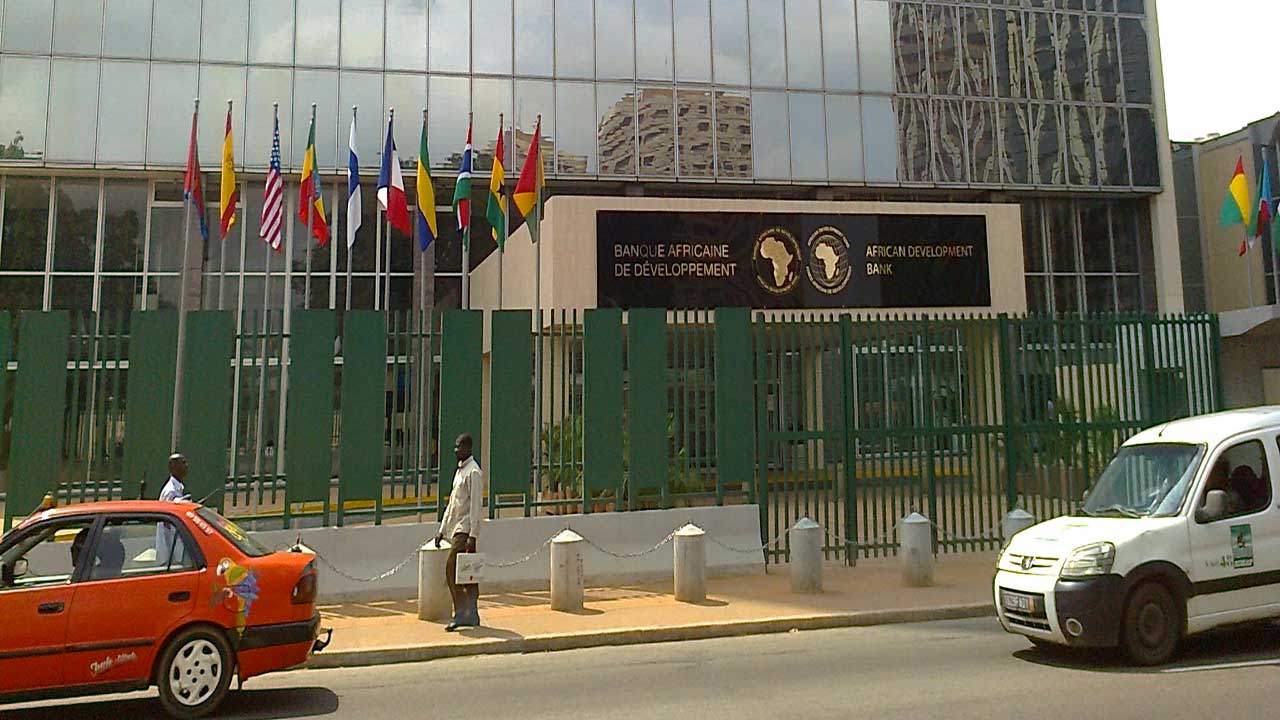- 152 Million Nigerians Live on Less Than $2/day –AfDB
About 152 million Nigerians live on less than $2 a day, representing about 80 per cent of the country’s estimated 190 million population, the African Development Bank has said.
According to the AfDB, which stated this in its 2018 Nigeria Economic Outlook, the level of poverty in the country is unacceptably high.
The Nigeria Economic Outlook is part of larger report, the African Economic Outlook, published by the bank on an annual basis.
The report stated, “Nigeria still faces significant challenges, including foreign exchange shortages, disruptions in fuel supply, power shortages and insecurity in some parts of the country.
“Revenue mobilisation efforts are insufficient; at five per cent, Value Added Tax rates are among the lowest in the world, and revenue administration is inefficient.
“Poverty is unacceptably high; nearly 80 per cent of Nigeria’s 190 million people live on less than $2 a day.”
The report noted that recovery in oil prices and production would help drive growth and provide fiscal space as the government pursued important structural reforms to diversify the economy.
According to the AfDB, faithful implementation of the Economic Recovery and Growth Plan (2017–20) holds the promise of weaning the nation off its dependence on oil.
The plan focuses on six priority sectors: agriculture; manufacturing; solid minerals, including iron, gold, and coal; services, including Information and Communications Technology, financial services, tourism, and creative industries; construction and real estate; and oil and gas.
The government had produced specific programmes for each sector and defined broader growth policy enablers to drive the plan, the report stated.
“The outlook beyond is positive, with growth projected at 2.1 per cent in 2018 and 2.5 per cent in 2019. This outlook is anchored on higher oil prices and production, as well as stronger agricultural performance.
“Oil prices rebounded to an average of $52 per barrel (Brent crude) in 2017 and are projected to reach $54 in 2018, up from $43 per barrel in 2016.
“Oil production also increased from 1.45 million barrels per day in the first quarter of 2017 to 2.03 million in the third quarter of 2017 following de-escalation of hostilities in the delta region and is expected to remain at the same level in 2018 and 2019, in tandem with the Organisation of the Petroleum Exporting Countries production restrictions.”
The AfDB noted that fiscal policy remained expansionary in 2017 as in 2016. Although total spending as a percentage of the GDP declined from 13 per cent in 2014 to 10.3 per cent in 2017, revenues declined more sharply, from 11.4 per cent to 5.6 per cent.
It said, “The budget deficit was estimated at 4.8 per cent in 2017, up from 4.7 per cent in 2016, and is projected to improve to 4.3 per cent in 2018 and 4.1 per cent in 2019, as revenue performance improves.
“At 14 per cent, unemployment remained high in 2017, the same as in 2016, and is expected to decline only slightly in 2018, to 13.5 per cent, as recovery eases production constraints in manufacturing and agriculture.
“Monetary policy continued to contract in 2017 and is expected to remain so in 2018; the policy rate has been kept at 14 per cent since July 2016 to support the naira and control inflation. Inflation has remained stubbornly high and in the double digits.”
The report added that foreign currency liquidity had improved following the introduction of administrative measures by the Central Bank since early 2017.
The measures, it stated, included a trading window for portfolio investors at market-determined rates, and the introduction of the Nigerian Autonomous Foreign Exchange Rate Fixing, which allowed commercial banks to quote forex rates that were close to parallel market rates.

 Naira4 weeks ago
Naira4 weeks ago
 Naira4 weeks ago
Naira4 weeks ago


 Naira4 weeks ago
Naira4 weeks ago




 Naira3 weeks ago
Naira3 weeks ago
 Commodities4 weeks ago
Commodities4 weeks ago


 News4 weeks ago
News4 weeks ago


 Banking Sector4 weeks ago
Banking Sector4 weeks ago
 Travel4 weeks ago
Travel4 weeks ago
























